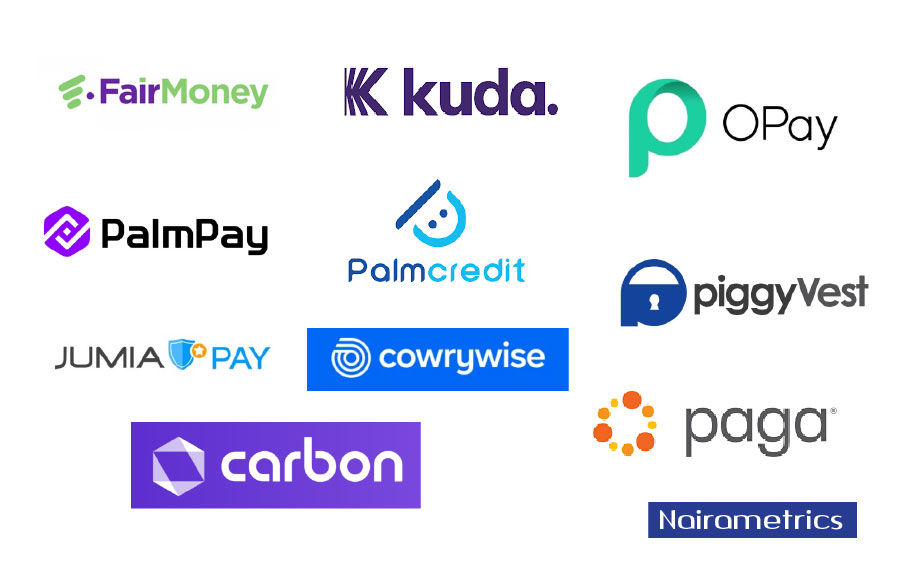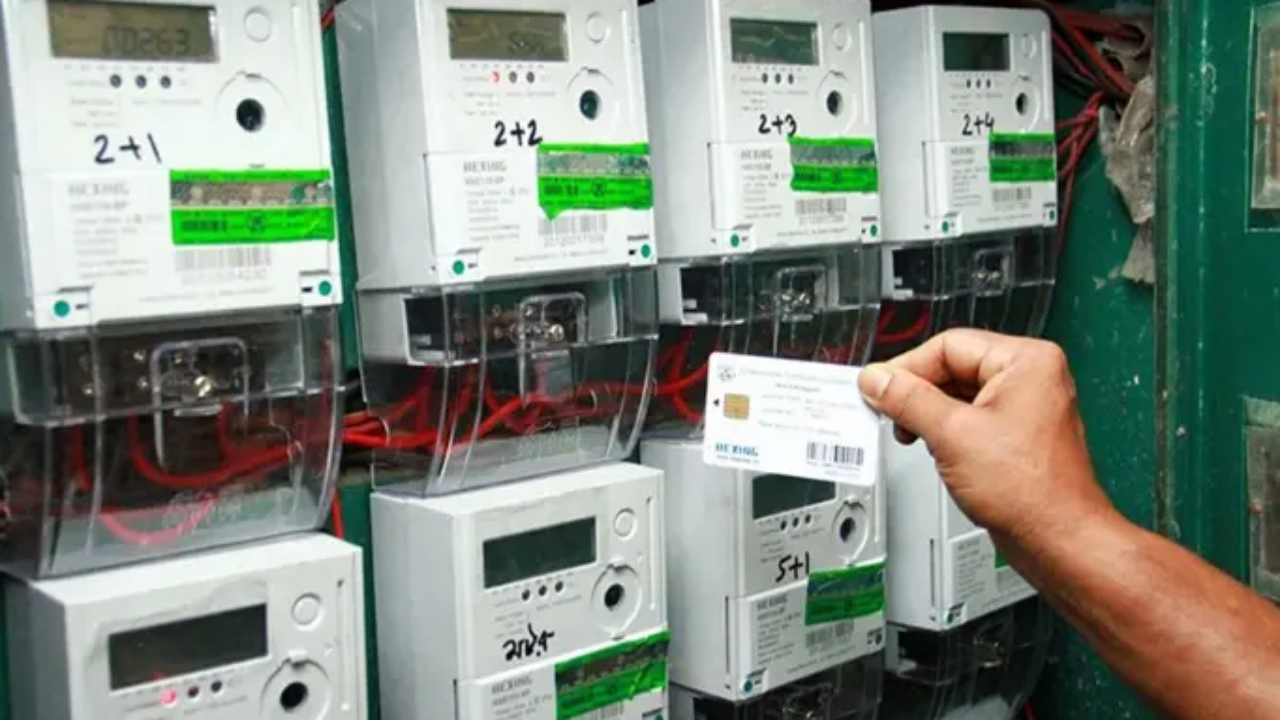Royal Dutch Shell says the world could be grappling with a shortage of liquefied natural gas within a decade due to underinvestment in new projects.
The Anglo-Dutch energy giant issued the warning in its second annual LNG outlook, which reports on developments in the booming market for natural gas cooled to liquid form for export. Shell says the market for LNG grew by 29 million tons last year, 30 percent more than previously expected.
Trading in LNG reached 293 million tons in 2017, up from just 100 million tons at the turn of the century. At nearly 300 million tons, suppliers shipped enough LNG last year to power about 575 million homes, by Shell's count.
LNG is playing a growing role in the energy mix as nations around the world seek to mitigate the impacts of climate change. While natural gas is a carbon-emitting fossil fuel, it burns cleaner than coal and heating oil.
Shell's report is good news for an industry that will see a huge amount of LNG capacity come online in the next few years, including from the United States, where five LNG export terminals are expected to start up by the end of 2019.
Analysts expect natural gas prices to remain low as the market sops up all the new supplies, but Shell is ringing the alarm bells that the market could swing from oversupply to deficit by the mid-2020s.
"We are still seeing significant demand from traditional importers in Asia and Europe, but we are also seeing LNG provide flexible, reliable and cleaner energy supply for other countries around the world," Maarten Wetselaar, Shell's director of integrated gas and new energies, said in a statement.
"In Asia alone, demand rose by 17 million tonnes. That's nearly as much as Indonesia, the world's fifth-largest LNG exporter, produced in 2017."
At the heart of the problem, says Shell, is a sea change in the way importing nations purchase LNG. Traditionally, sellers entered into long-term contracts with customers, an arrangement that allowed them to underwrite investments in the massive facilities that process natural gas and ship it abroad in its super-chilled liquid form.
While most suppliers still favor this setup, many buyers now prefer more flexible contracts that commit them to buying fewer supplies over a shorter period of time, according to Shell. So-called spot deliveries of LNG, or shipments made on an as-needed basis, increased 17 percent in 2017 to an all-time high 1,100 cargoes





















